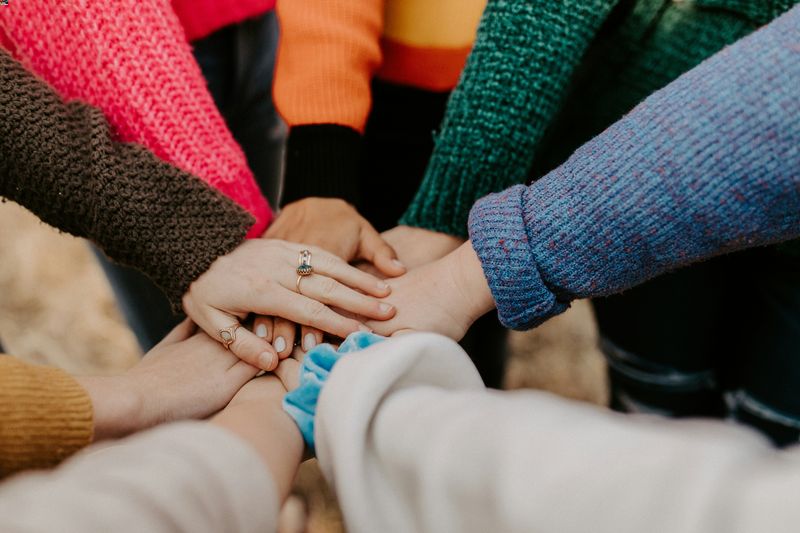

The notion that “everyone has an ability” is both empowering and transformative, particularly in the context of disabled individuals. The video overview provides powerful testimonies of how recognizing and nurturing abilities in people with disabilities can lead to personal growth, to contributions to others, and to overall flourishing.
The first step in leveraging the abilities of disabled individuals is recognizing their inherent potential. Too often, society views disabilities through a lens of limitations rather than possibilities. This narrow perspective not only marginalizes disabled individuals but also deprives society of their unique contributions.
One of the most compelling examples from the transcript is the story of Gary, a man with Down syndrome. Despite his cognitive challenges and the repetitive nature of his speech, Gary's heartfelt prayer demonstrated his profound connection to the Holy Spirit and his ability to impact others. His prayer for his teacher, who was suffering from a headache, was not only an act of compassion but also a display of his deep faith and understanding of spiritual practices.
Just as you can conduct spiritual gift tests to help someone in the church clarify where they might best plug in, you can investigate ways in which a disabled person might contribute to the church. You can harness the potential of disabled individuals by focusing on their gifts and abilities rather than their limitations. You can work closely with the individuals and their families to identify areas where they excel. You can provide tailored support to nurture these abilities. You can also work with them to help them acquire new competencies and enhance their existing skills. All the while, you should ensure that they can learn at their own pace and in a supportive environment.
It can be deeply meaningful to create an environment where disabled individuals can contribute to the body of Christ. Encouraging disabled individuals to participate in church activities and volunteer opportunities can help them build social connections and develop a sense of belonging. Community engagement also allows others to recognize and appreciate the abilities of disabled individuals.
Mrs. Robertson offers several inspiring stories that illustrate the transformative power of recognizing and nurturing abilities in disabled individuals. These stories serve as powerful examples of how focusing on strengths can lead to personal flourishing in the church. As mentioned earlier, Gary’s story challenges the perception of spiritual incapacity in individuals with intellectual disabilities and highlights the importance of recognizing their spiritual contributions.
Another powerful story from the transcript is that of a young woman who was quadriplegic and initially felt she had no abilities. Through the supportive environment of the Yarmouth Life Skills program, she discovered her talent for painting using her mouth. This discovery led to a series of accomplishments, including publishing a book of her paintings and starting a Facebook page to sell her artwork. Her journey from despair to empowerment underscores the importance of providing opportunities for disabled individuals to explore and develop their talents.
Creating an inclusive environment where the abilities of disabled individuals are recognized and nurtured has far-reaching benefits for both the individuals and the church as a whole. When disabled individuals are given the opportunity to use their abilities, they experience a boost in self-esteem and a sense of purpose. This positive self-perception can lead to greater motivation and engagement in various aspects of church life. These interactions help break down stereotypes and build mutual understanding and respect.
Disabled individuals bring unique perspectives and skills that can contribute to the richness and diversity of the church and society. By leveraging their abilities, we can benefit from their creativity, problem-solving skills, and diverse viewpoints. Recognizing and nurturing the abilities of disabled individuals sends a powerful message that everyone, regardless of their abilities, has something valuable to contribute.
To fully embrace the notion that “everyone has an ability,” it is important to take a strengths-based approach in all aspects of life. This approach focuses on identifying and leveraging individuals’ strengths rather than fixating on their weaknesses. Emphasizing and celebrating the achievements and strengths of disabled individuals through positive reinforcement can boost their confidence and encourage further development of their abilities. Empowering disabled individuals by giving them control over their own lives and decisions fosters independence and self-determination.